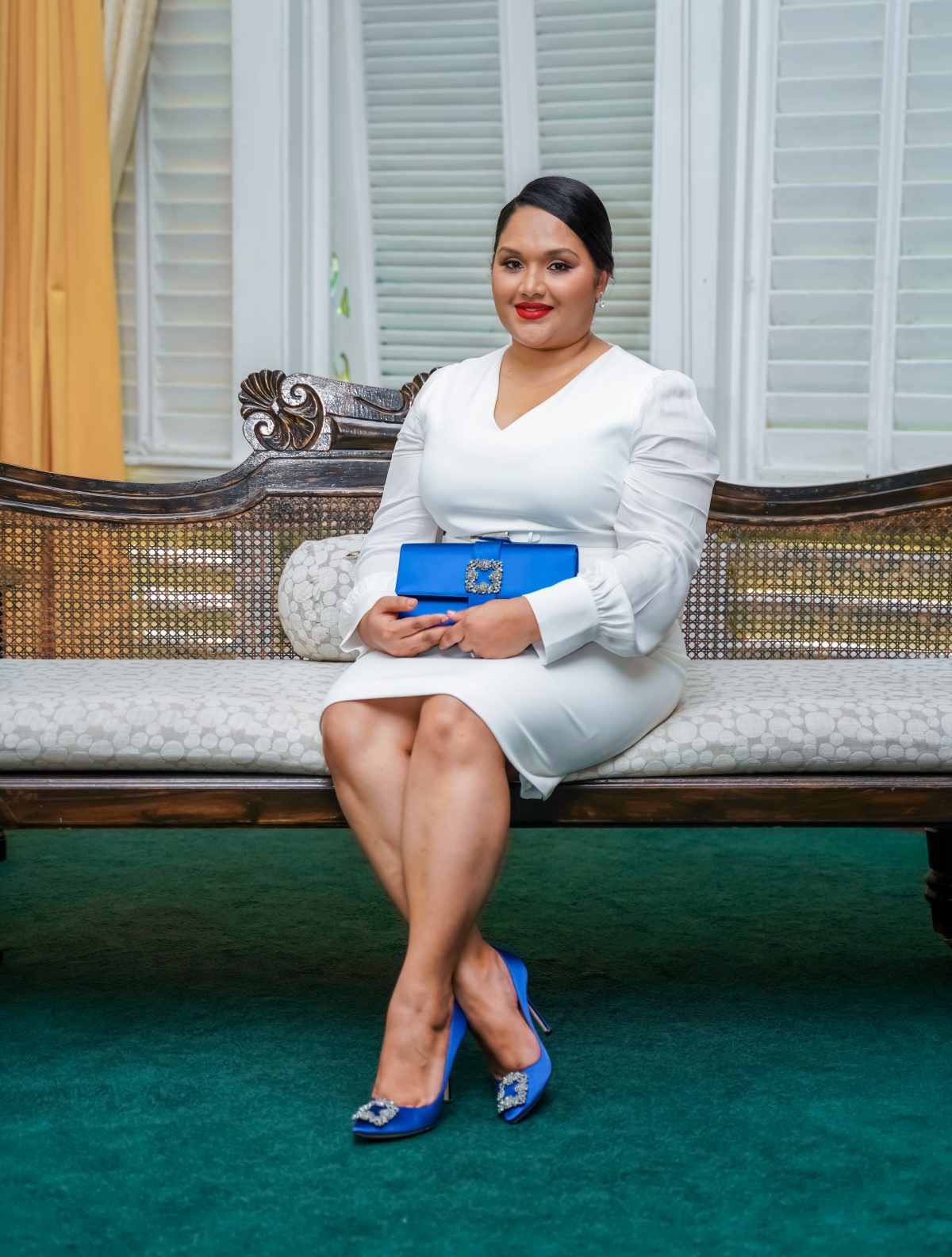
The way we dress speaks volumes about our value system, beliefs, and our independent social understanding of the realities that surround us. Every piece of clothing and accessory we choose to wear acts as a messaging apparatus, holds varying levels of influence and by extension, allows us to use them to influence and command those looking at us. It would be easy to say such thinking strategies don’t exist because of how small-minded and embarrassing they make us seem, but they do.
We are more likely to associate suits with authority and professionalism, billowing harem pants to a bohemian lifestyle, and athleisure wear with someone who is cool and sporty and so on. There is no running away from the fact that sartorial selections can subconsciously make you connect with public figures in a personal way which could lure you into giving them the benefit of the doubt when it comes to their authenticity and values. On the flip side, these could estrange them from their bases or potential bases.


